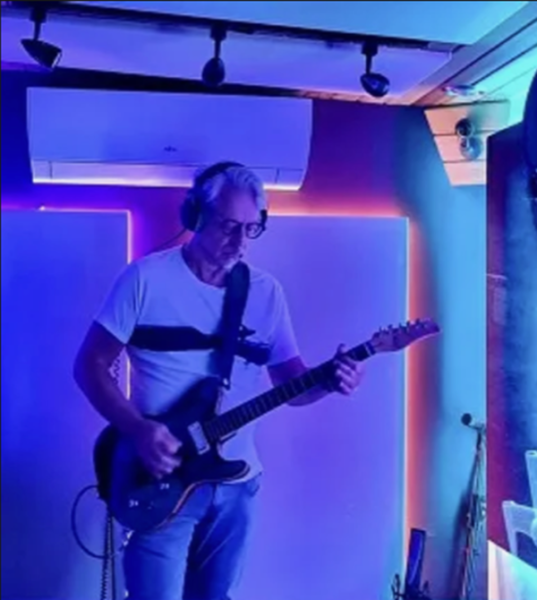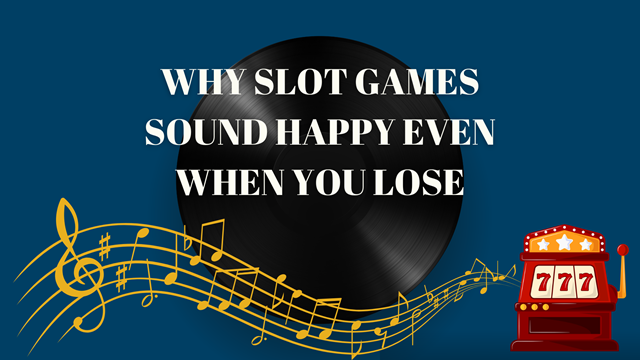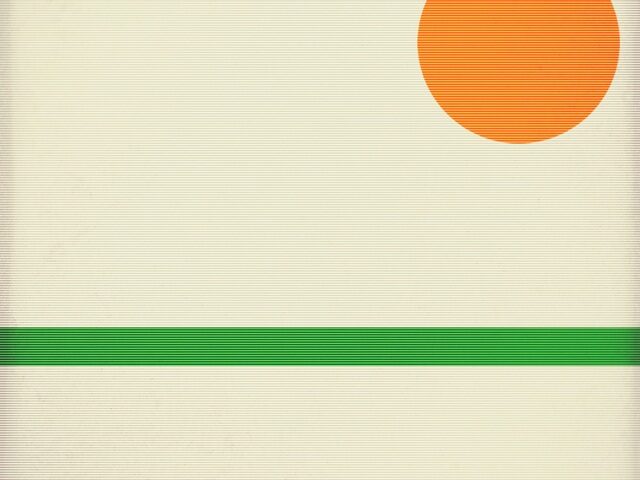
Considering your background as a semi-retired orthopaedic surgeon, how do you find the intersection between the fields of medicine and music to have overlapping commonalities, if any?
Music has been used as a therapy for as long as mankind has been around. It can soothe and provide calm or rev you up. Provide solace when you are sad, add to your happiness and joy. Personally, I found music a useful adjunct in the operating theatre! I always had a Playlist going in the background, mostly rock music to set the pace and keep the energy going.
Never2Late has seen changes in membership, and it now consists of a revolving cast of top-tier musicians. How has this evolution influenced the band’s sound, and what dynamics does the collaboration bring to your music?
The change is personnel had definitely influenced our songs. I generally write the lyrics and chord structure and ask the other members to contribute. You can hear the different styles as you work through the catalogue, from keyboards to rocky guitar to more measured lead. Then, as I have gained in confidence as a songwriter, I have recruited additional personnel for specific tracks such as the talented violinist Joana Carvalhas on “Refugees” and “Requiem for a Friend” or DaveS providing harp on “Sometimes I’m Ashamed to be a Man”. I just seems right at the time. I am always happy to listen to other members ideas and suggestions and am not precious about the stuff I write.
The lyrics in ‘Love Is Wise‘ are noted to be inspired by a quote from philosopher Bertrand Russell. Is philosophy a frequent influence on your lyrical/thematic musical process?
I read a bit of philosophy but can’t claim to be a philosopher! John Paul Sartre inspired the song “Hell Is Other People” – this will strike a chord with anyone who has worked on the frontline in the public sector! There have been many wise men and women throughout history, it’s just a shame the human race just keeps making the same mistakes and has never learned the lessons of compassion and tolerance. These themes appear in many of the songs.
What’s your favorite venue to perform at?
We love playing in our local town at “The Blues Bar”, one of the only remaining small venues which encourages bands to play original music. Its intimate and the audience appreciative!
Do you have a specific process or ritual when creating new music?
Not really. Something I see or hear inspires me to write a lyric. I generally like to write songs that say something rather than boy meets girl, boy falls in love, girl dumps boy, boy is broken hearted type cliché. George Harrison said – “I could write hundreds of songs like “hey baby what you gonna do” but I don’t want to. If I’m going to say something I’d like it to have some kind of importance. Some value so that in 20 years’ time it’s not just some dumb song that made some royalties.”. Once I am happy with a lyric I wait until one day I am practicing my guitar and something that I am playing suddenly seems to match up.
Any favorite artists or albums you’re listening to at the moment?
Any artist writing original songs that say something. I love The National. Eric Steckel is my favorite current guitarist along with Joe Bonamassa.
If you could collaborate with any artist, alive or dead, who would it be?
That’s a tricky one. I grew up at a time of great singer songwriters – Joni Mitchell, Jackson Brown, Al Stewart and Dylan to name but a few. I would love to collaborate on a song with Lowden Wainwright III – his “Last Man on Earth” is still one of my favorite albums.
What do you find is the most satisfying part of being an artist?
When you’ve finished recording a song and the mastered WAV file appears in your inbox! I suppose the things I have to say are now there for my children and future generations – a sort of legacy.
What is the biggest challenge you find in today’s music industry?
Finding venues who like you to play original music if you haven’t a major record label behind you. Trying to get taken seriously if you are of a slightly more mature vintage! Streaming has had a major impact not all of it good. As Gene Simmons said –“ streaming consumption has had a dire impact on budding rock musicians, the reason for that is not because there’s a lack of talent, but because young folks, that kid living in his mom’s basement, decided one day that he didn’t want to pay for music,” he explained.
“He wanted to download and file share. And that’s what killed the chances for the next generation of great bands. The fact that the music was for free. So nowadays new bands don’t have a chance.”
What’s upcoming for the project?
To continue to write decent songs. The next EP is underway!





